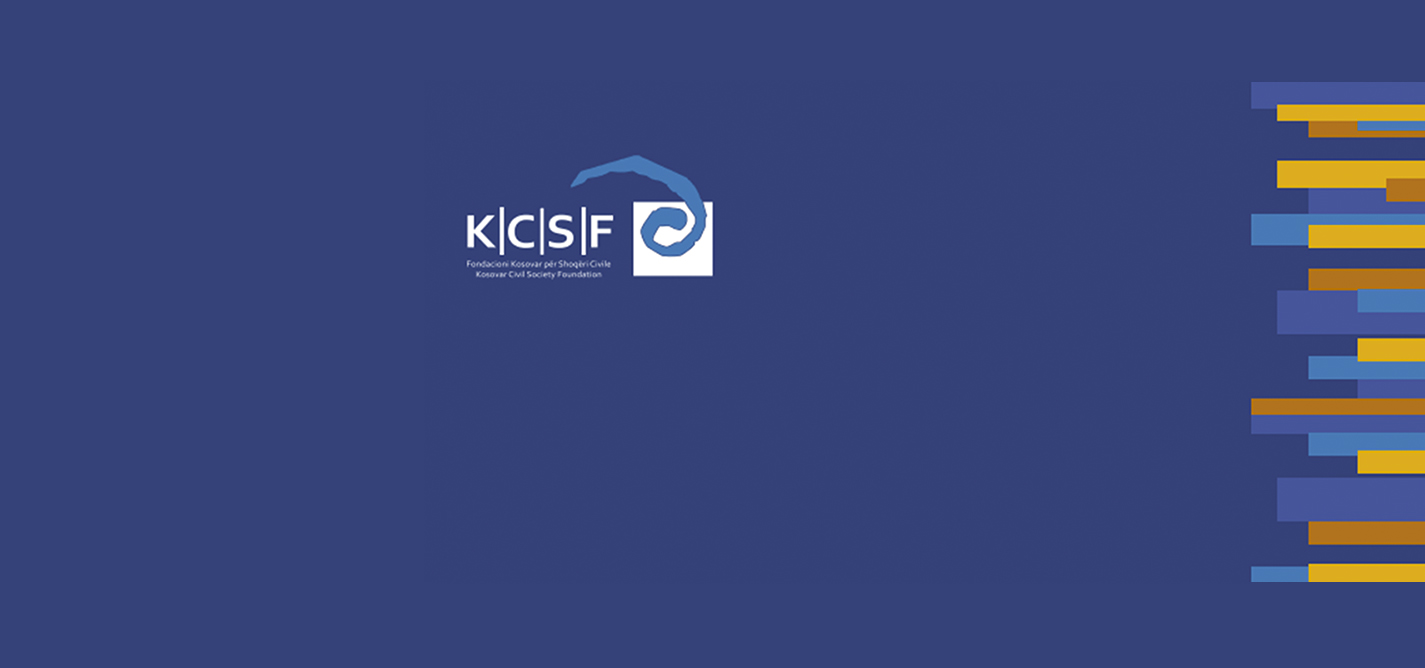
Kosovo’s civil society landscape illuminated
New report examines Kosovo's civil society.
"The civic sector is highly active in its request for transparency and accountability, rule of law, gender equality and the European Integration process.”
Taulant Hoxha
Eraldin Fazliu
Eraldin Fazliu is a former journalist at Kosovo 2.0. Eraldin completed his Master’s on ‘European Politics’ at the Masaryk University in the Czech Republic in 2014. Through his studies Eraldin became interested in the EU’s external policies, particularly in promotion of the rule of law externally. He is a passionate reader of politics and modern history.
This story was originally written in English.